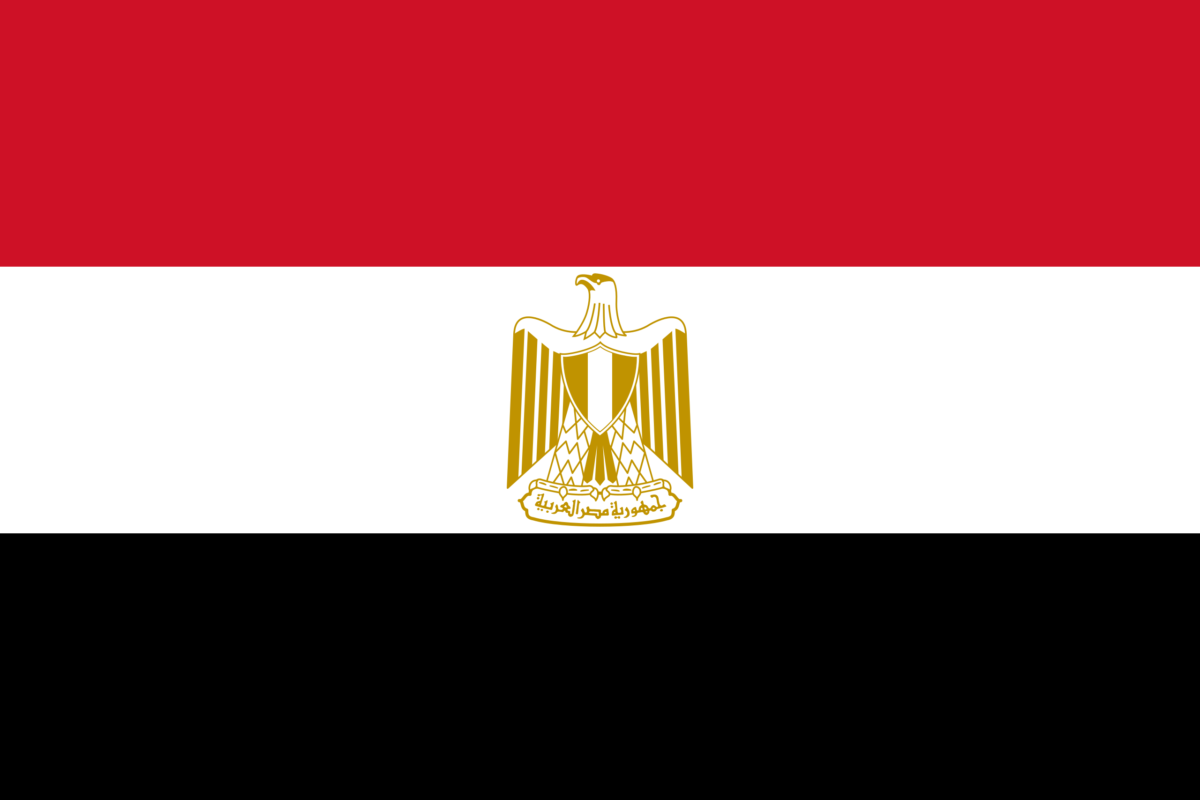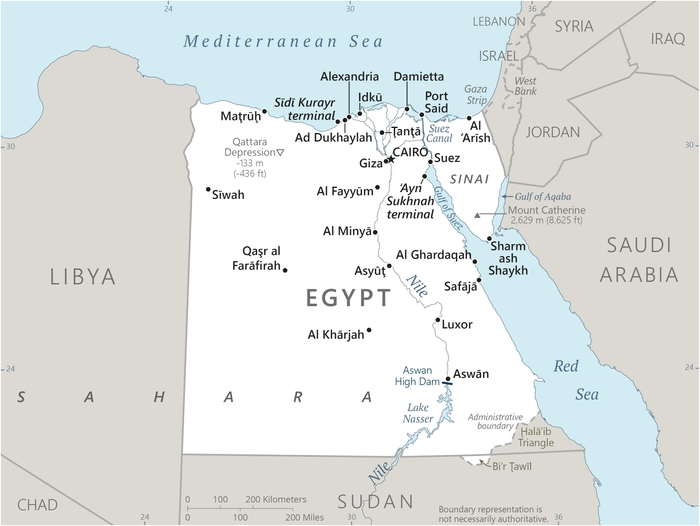Overview
The Arab Republic of Egypt connects the continent of Africa with Asia and the Middle East. With a current population of around 105 million people, it has one of the longest and most established histories of any country in the world. Iconic structures, such as the Great Sphinx and the Great Pyramid of Giza (the earliest of the so-called Seven Wonders of the ancient world – and the only one still standing) providing testimony to its past.
Modern Egypt dates from the 1920s, when it gained independence from Britain. Initially a monarchy, it became a republic in 1952, following a military coup which saw the removal of the then King Farouk. The country saw considerable instability in the second half of the 20th Century. This included a number of armed conflicts with neighbouring Israel, which were concluded at the Camp David Accords in the 1970s, brokered by the United States.
In 2011 widespread protests against the government of President Mubarak led to his resignation and, the following year, the election of Mohammad Morsi as president. But discontent, both with what was considered to be Morsi’s authoritarianism and the Islamist agenda of the Muslim Brotherhood, saw Morsi’s removal in 2013 by the Egyptian military.
Islam has been the state religion since 1980, with about 85-90% of the population identifying as Muslim. But Christianity has traditionally been a significant minority (10-12%) in Egypt, with the vast majority of these being in the Coptic Orthodox Church.
What it means to be a Christian in Egypt
Egypt’s Constitution grants freedom of belief and worship. However, in practice life can be very difficult for Christians. Most Christians in the country live as second-class citizens, frequently experiencing discrimination in law, education and employment.
Muslims who convert to Christianity face many difficulties, including obtaining new identity papers, but often also expulsion from family, enforced divorce, estrangement from children and loss of employment.
Persecution
The persecution of Christians in Egypt has undoubtedly intensified over the past two decades. Harassment and discrimination, both on individual and communal levels, has risen, as have attacks by Islamist groups.
In May 2017 a bus carrying Christians to a monastery in Minya was attacked by Islamist militants, with 28 people killed. The following year, in November, gunmen opened fire on two buses travelling to the same destination. On that occasion seven Christians were killed and others injured.
Christians in the area known as Upper Egypt (to the south) face the harshest persecution. They will frequently be overlooked for jobs or promotion, shop owners may be boycotted, they may not receive proper treatment in hospital. In some cases Christians are forced to leave homes and possessions, and there have been cases of Christian girls and women being kidnapped and forced to embrace Islam.
Release International work
Release International supports a variety of partners and projects in Egypt.
One project is supporting Christians who have come to faith in Christ from a Muslim background (Operation Corinthians). Through retreats, conferences and pastoral visits, these new believers are discipled and equipped to reach out to their families and communities with the gospel.
Another project seeks to share God’s love in practical ways with Christians who are marginalised and persecuted and who, as a result, face extreme poverty (Operation Colossians).
A further project helps protect the most deprived and vulnerable Christian women, offering both spiritual and social development.
In addition, a Release International sister mission provides safe houses for Christian converts who are forced to leave their families and homes because of their faith in Christ.

